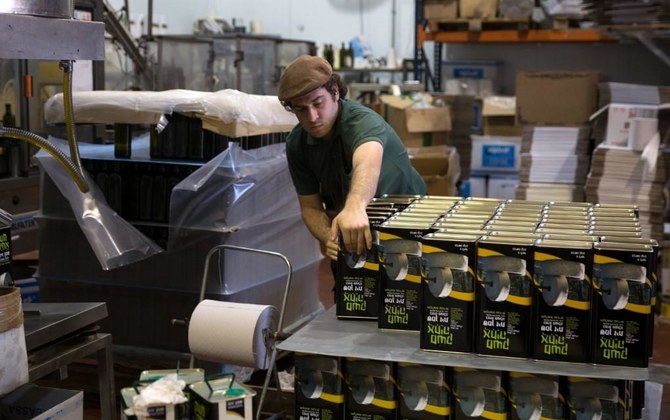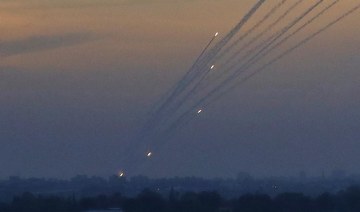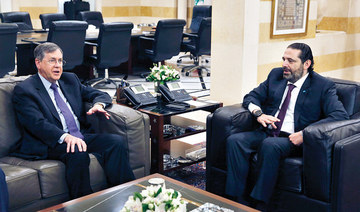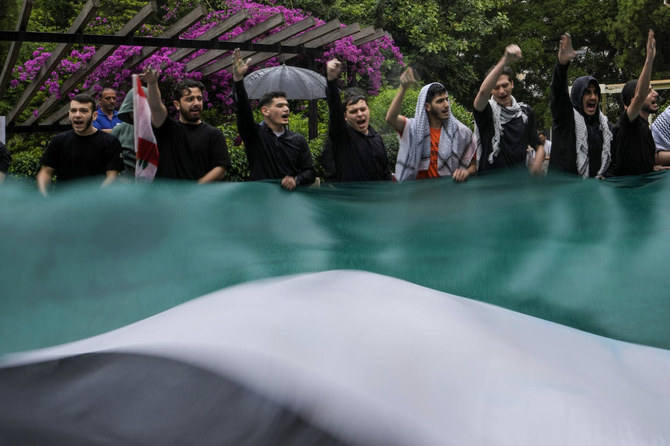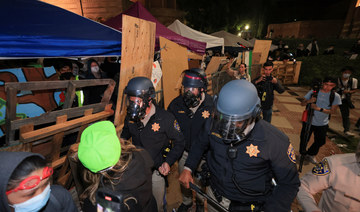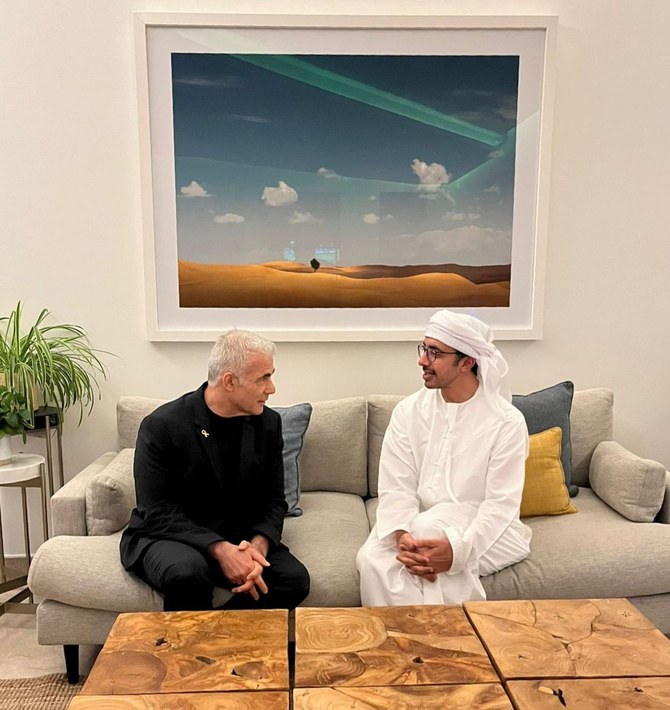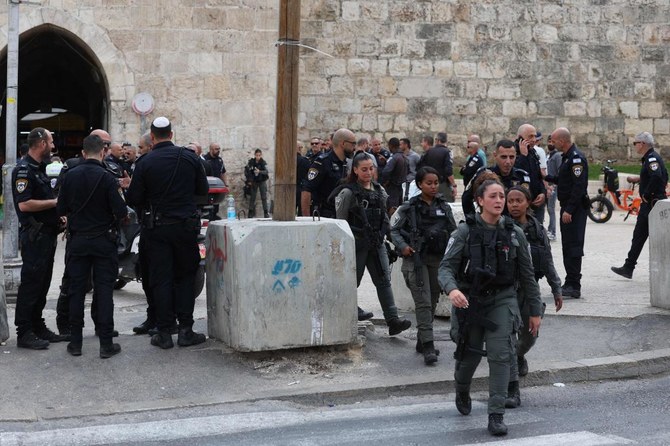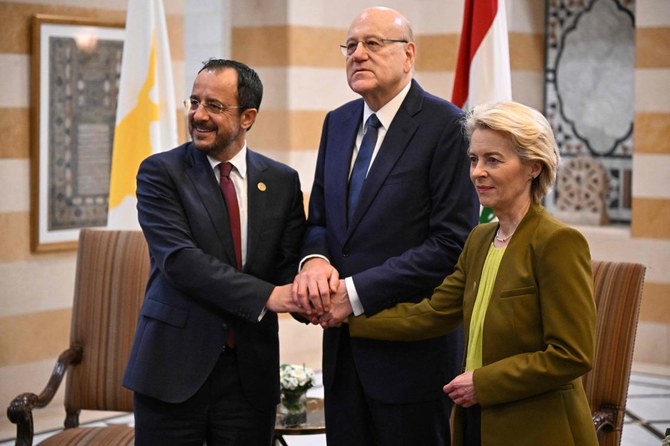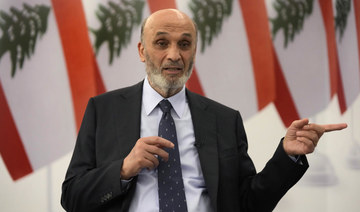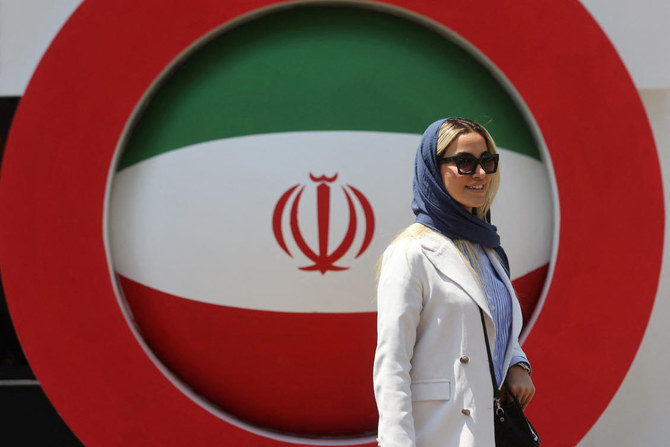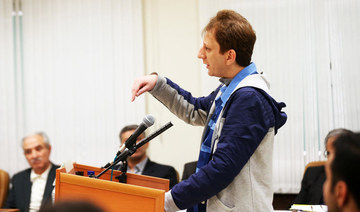AMMAN: The European Court of Justice has been told that products from Israeli-occupied territories should be “clearly labeled as such to avoid misleading consumers.”
In his legal advice to the court, Advocate General Gerard Hogan drew on Europe’s previous opposition to apartheid to explain his ruling.
“Just as many European consumers objected to the purchase of South African goods in the pre-1994 apartheid era, present-day consumers may object, on similar grounds, to the purchase of goods from a particular country because, for example, it is not a democracy or because it pursues particular political or social policies which that consumer happens to find objectionable,” he said.
The former Irish judge said that under EU rules, labels must make it clear if products originate in the occupied territories and, in particular, if they come from Israeli settlements in those areas.
Ziad Khalil Abu Zayyad, the Fatah media spokesman, told Arab News that Israeli products are made on occupied lands that are controlled and used illegally by Israel, which prevents Palestinians from developing their own economy and production.
“Consumers of these products deserve to know that buying them supports and encourages the occupation policy that brings no benefit for anyone,” he said.
A spokesman for the EU told Arab News that Hogan’s legal advice is not binding on the Court of Justice.
“It is the role of the advocates general to propose to the court, in complete independence, a legal solution to the cases for which they are responsible. Judgment will be given at a later date. The EU court is due to decide next September,” the spokesman said.
The court is considering a request from France’s top tribunal for clarification of rules on labeling goods from the West Bank, including annexed East Jerusalem, which the international community considers occupied Palestinian land, as well as the Golan Heights, which Israel took from Syria in 1967.
France published guidelines in 2016 saying products from Israeli settlements in the West Bank and Golan Heights must carry labels making their precise origin clear, but this was challenged by the Organization Juive Europeenne (European Jewish Organization) and Psagot, a company that runs vineyards in the occupied territories.
The 2016 French ruling drew an angry response from Israel, which accused Paris of aiding a boycott of the Jewish state and of double standards by ignoring other territorial disputes around the world.
A major diplomatic row erupted between the EU and Israel in 2015 when Brussels drew up rules that effectively declared that products from settlements had to be labeled as such across the bloc.
Omer Korman, vice president of the Psagot Winery, which advertises itself as a “Jerusalem Mountains winery” and is based in the settlement nearest to Ramallah, declined a request for comment.
Ibrahim Milhem, spokesman of the Palestinian government, welcomed in an interview with Arab News the advisory decision of the European advocate general.
“His denunciation of Israeli violation of international law is welcomed and we can call on the world community not to engage with products made in the settlements which are illegal according to international law.”



